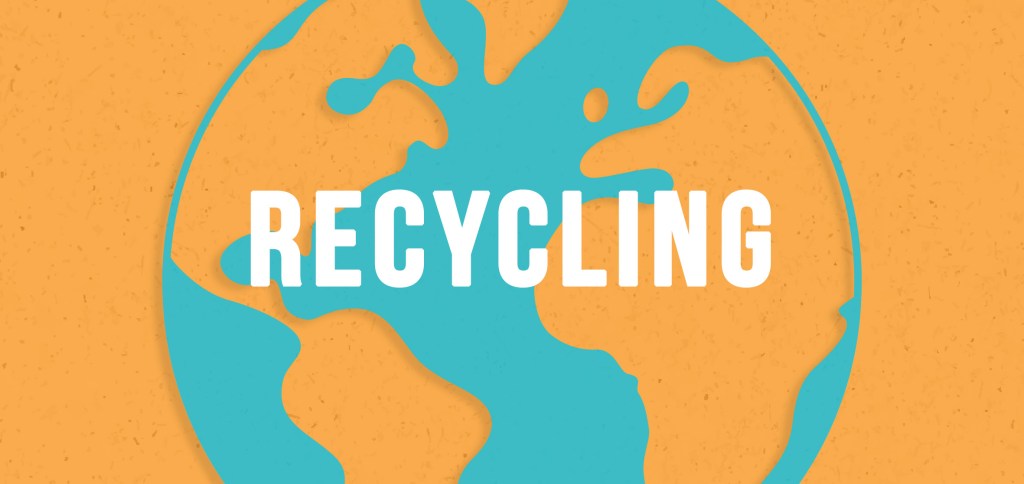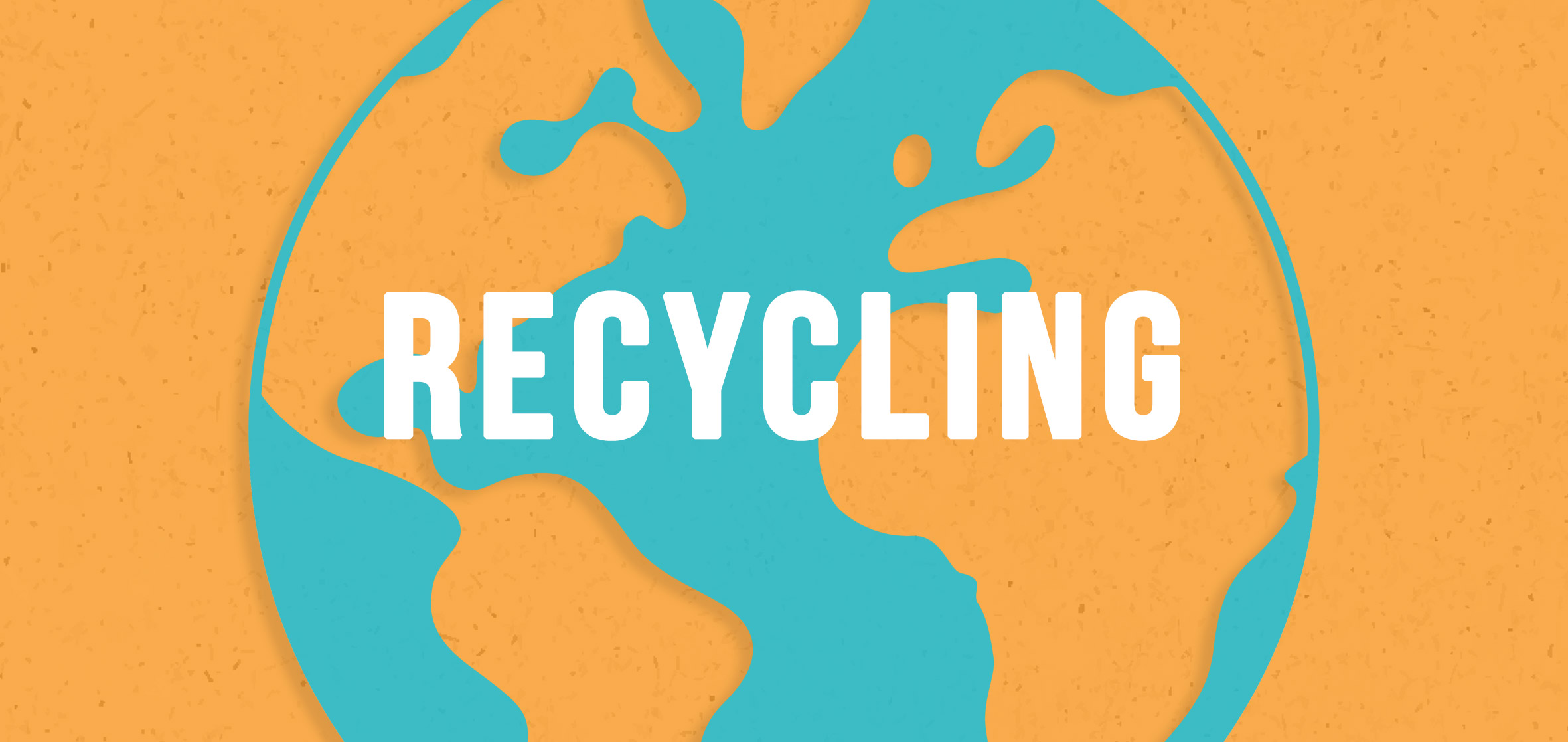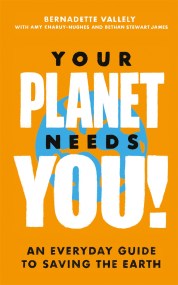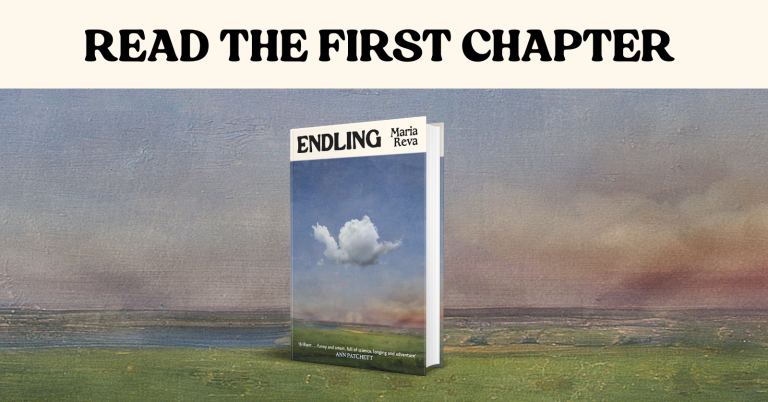Global Recycling Day | What can YOU do?


The 18th March marks Global Recycling Day, a day for us to reflect on the climate emergency and consider what we can do to live in a more ethical and ecological way.
According to Global Recycling Day’s website:
We have the power to make lasting changes and with recycling being recognised in the UN’s Sustainable Development Goals 2030, we are already seeing many individuals, governments and organisations taking direct action to support the global green agenda.
Each year the ‘Seventh Resource’ (recyclables) saves over 700 million tonnes in CO2 emissions and this is projected to increase to 1 billion tons by 2030. There is no doubt recycling is on the front line in the war to save the future of our planet and humanity.
So, what can YOU do? Here are some practical tips from the authors of Your Planet Needs You! An Everyday Guid to Saving the Earth.
There’s a lot you can do in this area.
- Be inventive. How many things do you throw away that could be reused or repurposed into something new?
- Upcycle and redistribute items as the first alternative to recycling.
- Avoid disposable and single- use products where possible. Consider buying second-hand items from charity shops, online websites or even swap between family and friends, rather than buying new things.
- Similarly, give unwanted things or outgrown clothes to a charity shop or to a high-street retailer’s recycling bank.
- Get familiar with and understand recycling symbols. Which materials are easier to recycle and are accepted by your local council? If anything is not accepted within your waste centre, don’t just throw it in the general waste, share it, give it away, or find a local reuse or recycling point.
- In the UK, RecycleNow is a fantastic website to use for a quick search for information on how all types of items can be recycled. It is simple to use and based on your location.
- Investigate TerraCycle and start collecting recyclables for one of their programmes; the more you collect the more money can be raised for charity.
Recycling leads to a reduction in the environmental damage caused by the production of goods. It also means there is ultimately less mixed waste in landfills. It can lead to job creation in collection schemes, recycling workshops and stores of material to be sold for reuse.
Recycling makes economic sense.
Glass, plastics, newspapers, cardboard packaging, food containers and yoghurt pots can all be recycled. Some products, like glass, can be endlessly melted down and reused, saving energy and raw materials. It is well known that the recycling of one glass bottle can save enough energy to power a computer for 25 minutes.
New schemes are opening in Scotland and in smaller county regions to encourage reuse and recycling by including in the price of bottled drinks a deposit you reclaim when you return the empty bottle to the shop. According to the Campaign to Protect Rural England, 72 per cent of the public would support the reintroduction of a UK-wide deposit return programme for bottles. This is one practical way the consumer to producer cycle can be closed.
Recycling aluminium makes even more economic and environmental sense. It takes the same amount of energy to recycle twenty cans as it does to mine and manufacture one new one. In Yorkshire in 2018/19 the East Riding local council achieved a 64.8 per cent score for recycling, reuse and composting rates, the highest rates reached in the UK. Overall the UK has a 45 per cent average. Germany has the highest recycling rate in the world with 66 per cent of their entire waste stream being saved from landfill having met their own Federal Government target of 65 per cent target in early 2020. The Welsh government has the fourth highest recycling rate in the world with 52.2 per cent.
Some new council waste systems are able to recycle more than 95 per cent of the waste stream if the public would fully get behind them.
Waste and recycling enthusiasts have proved that a family can live well and produce only a tiny jar of non-recyclable rubbish in a month. It is all about avoiding unnecessary household purchases, increasing redistribution and recycling, and household members making a conscious and concerted effort together to take waste to other places to be reused.
Natural resources all over the world are under pressure. Our industries and the waste we produce are causing terrible pollution. Recycling is a logical way to reduce the damage to our planet and it has the added bonus of saving us money.
Once collected and sorted, recyclable materials become valuable commodities in the worldwide market.
The biggest problems occur when items are put in the wrong recycling container or when containers are contaminated with food.
Households have to be aware of their own part in cleaning their jars and cans and making sure not to cross-contaminate a batch with the wrong item. There are now a number of high-street retailers who offer textile recycling schemes, and some even give the donor an incentive in the form of a gift voucher or discount code.
Some retailers also encourage customers to bring back containers to stores for proper recycling – usually hard-to-recycle items such as squeezy tubes and multi-material containers.
TerraCycle offers free recycling programmes funded by brands, manufacturers and retailers around the world to help you collect and recycle your hard-to-recycle waste. Head over to their website to find any waste streams near you.







